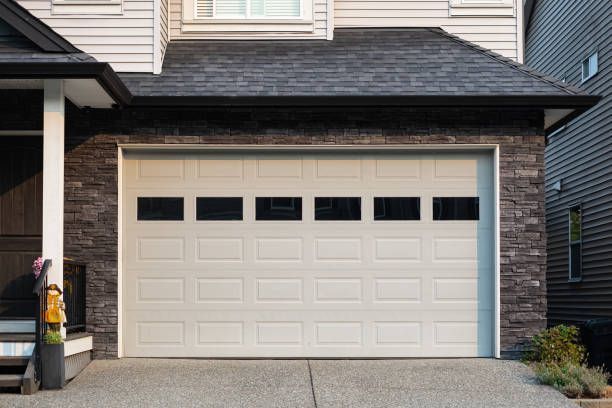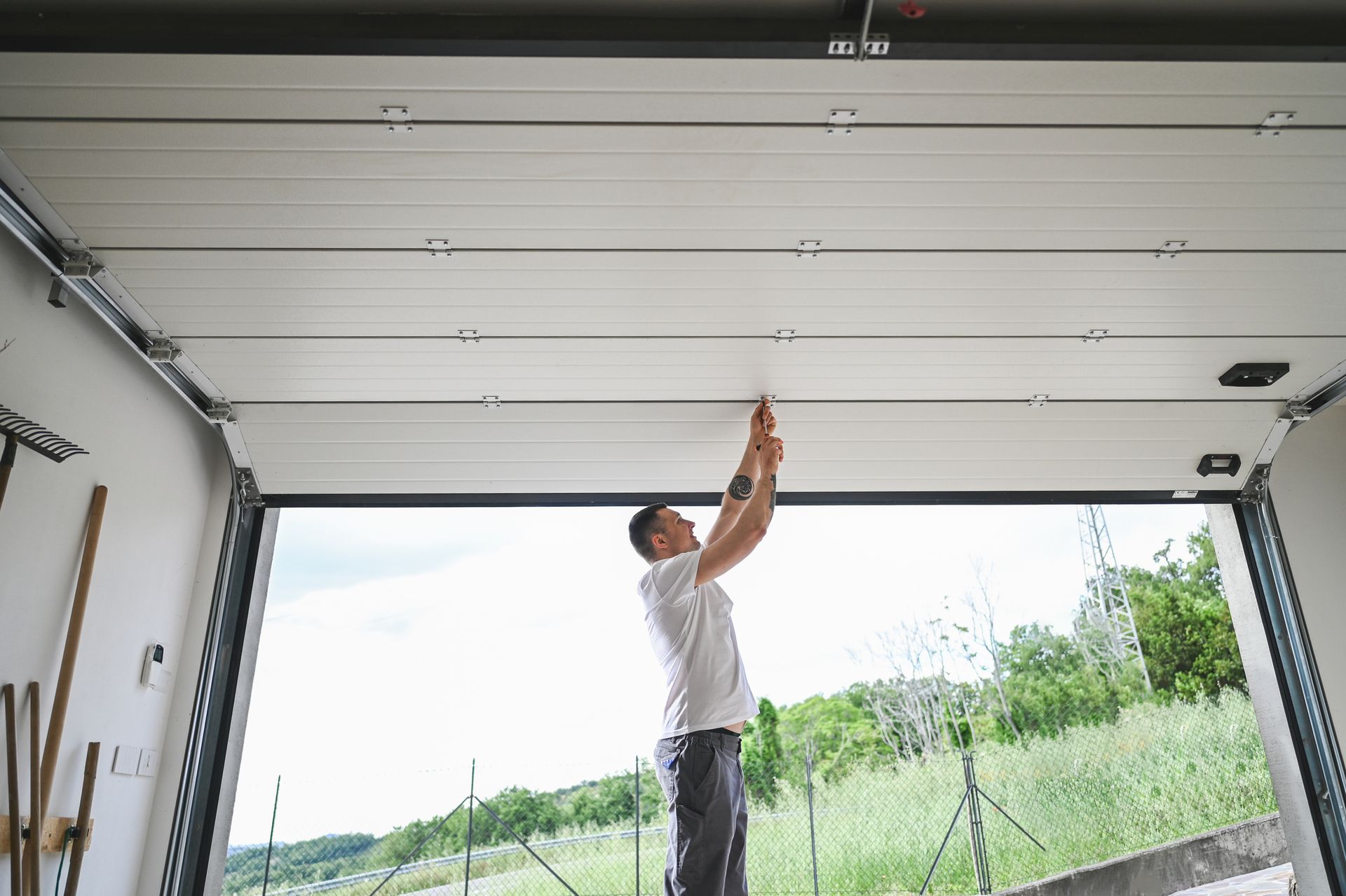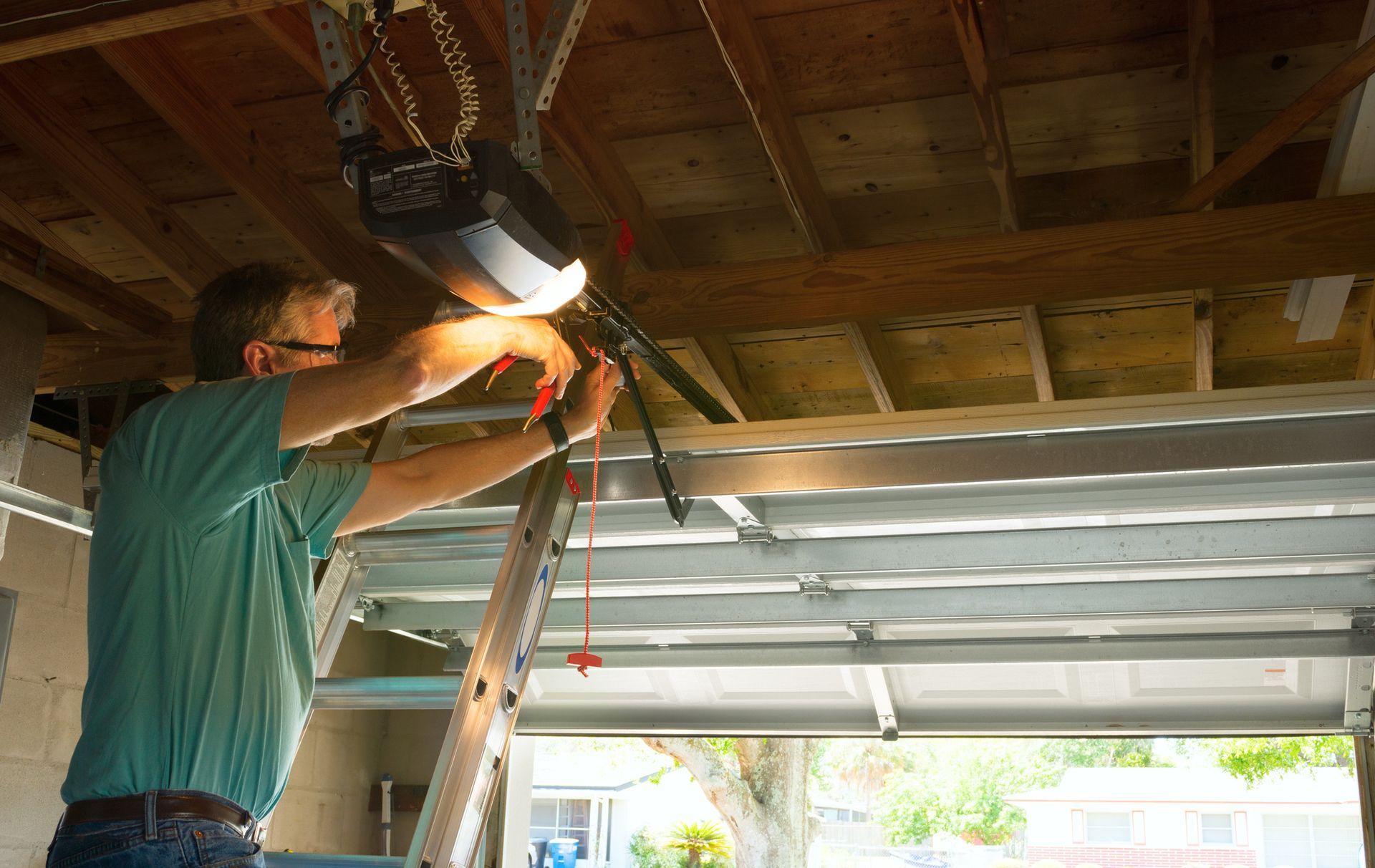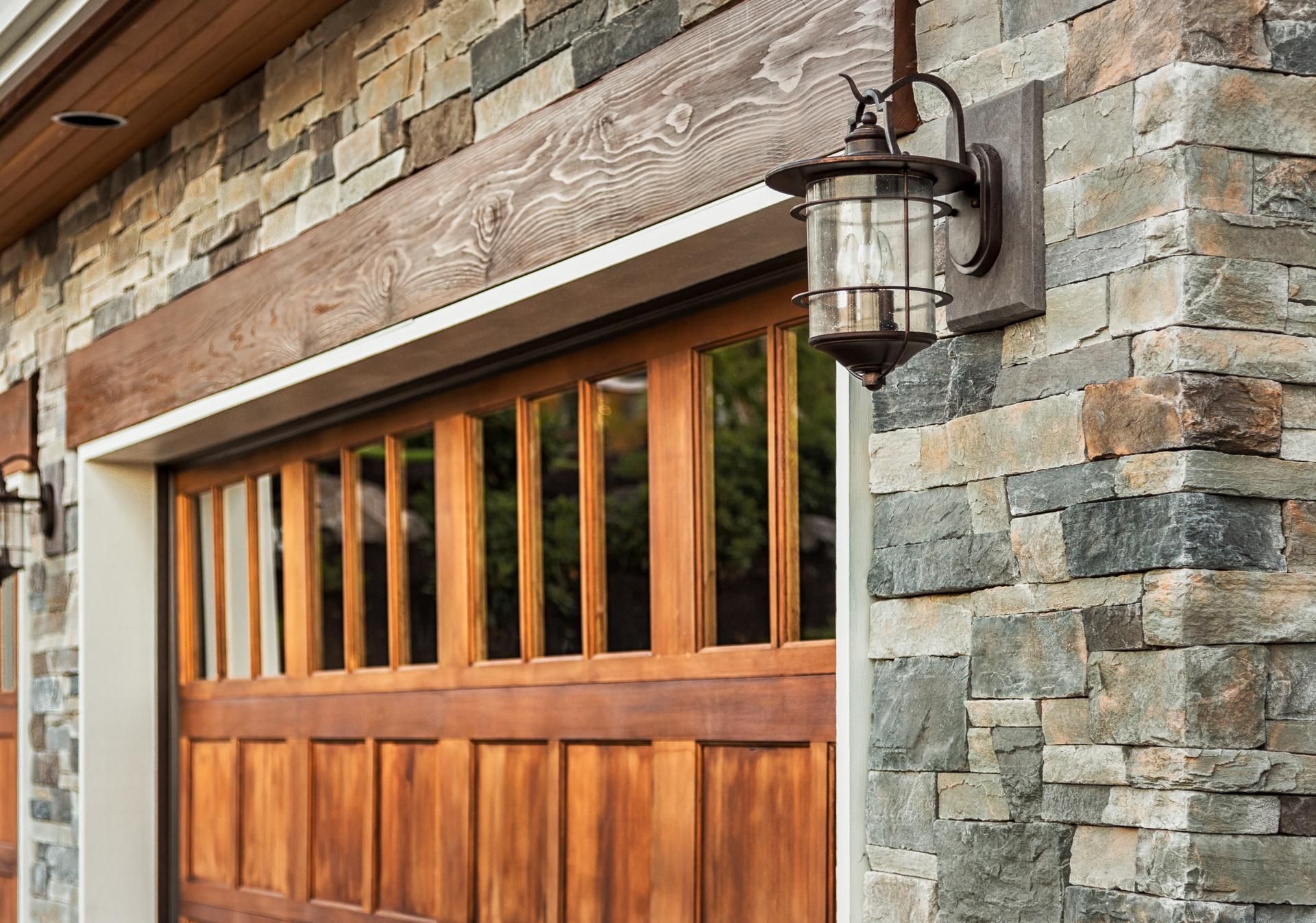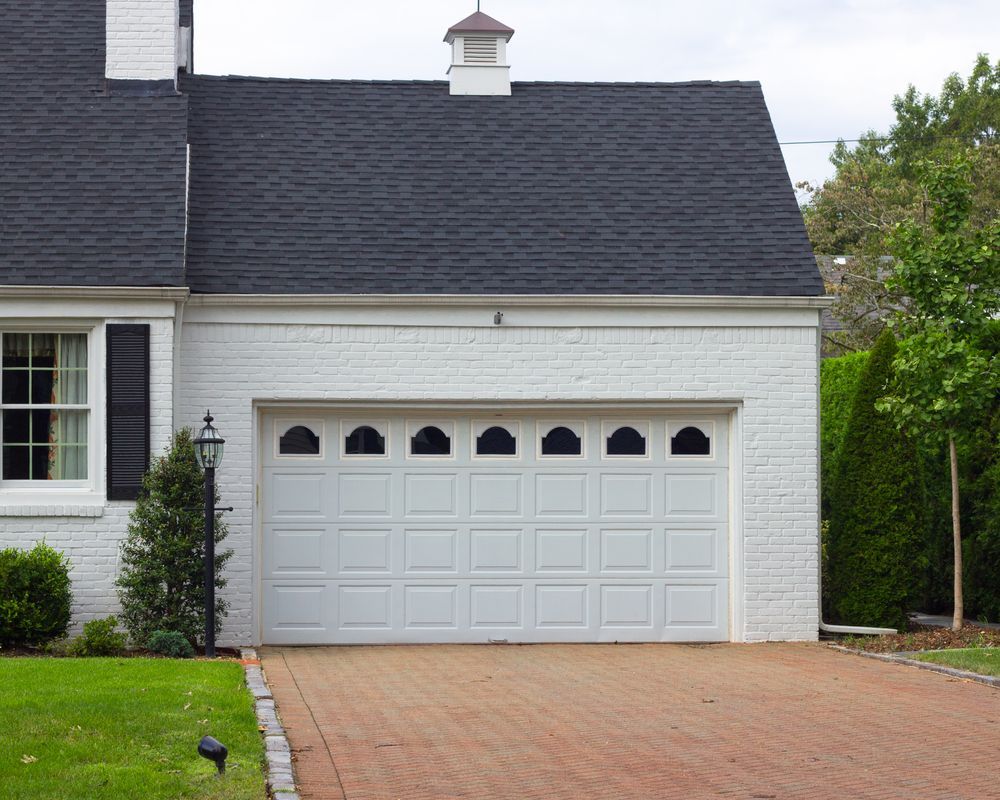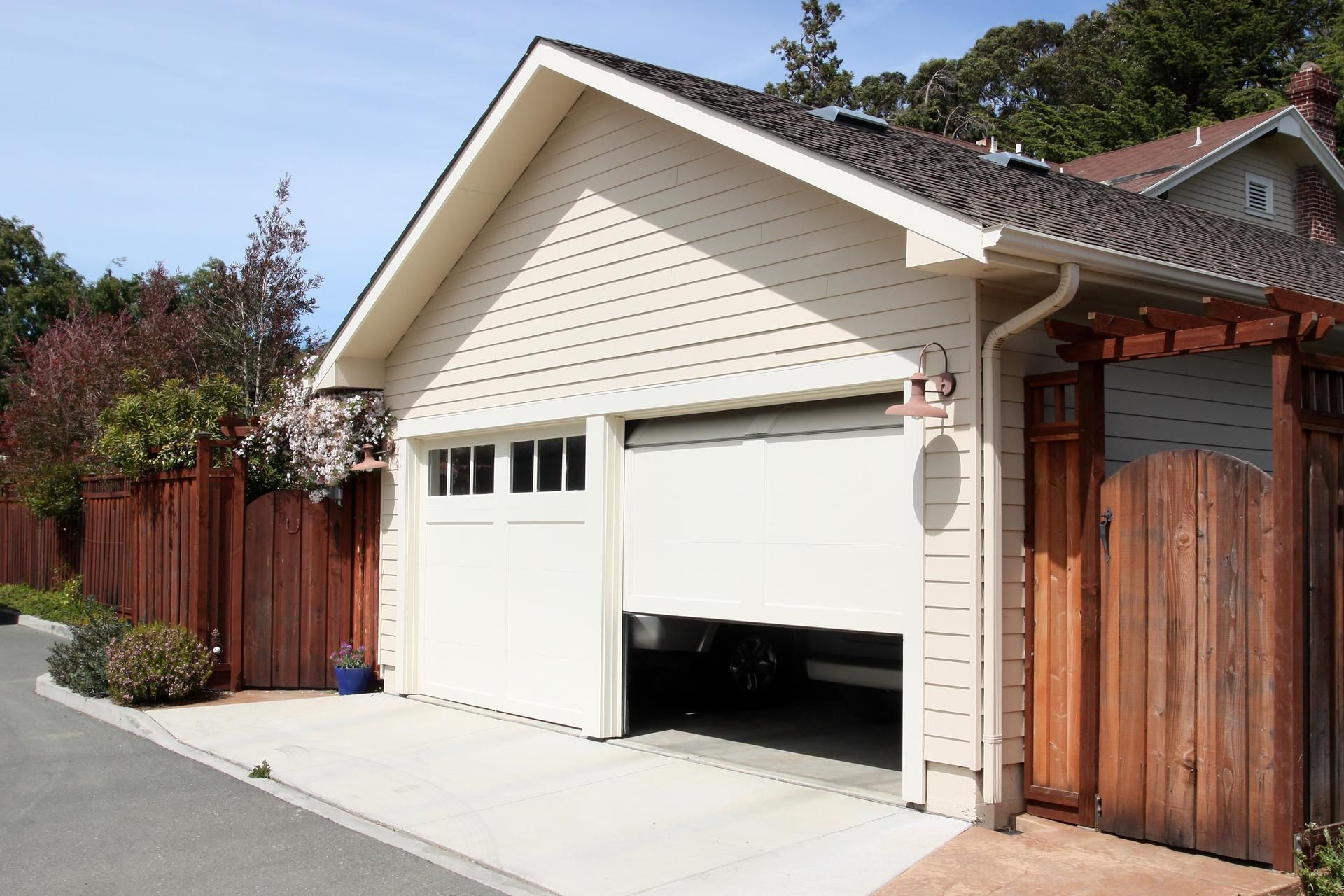Signs Your Garage Door Springs Need to Be Replaced
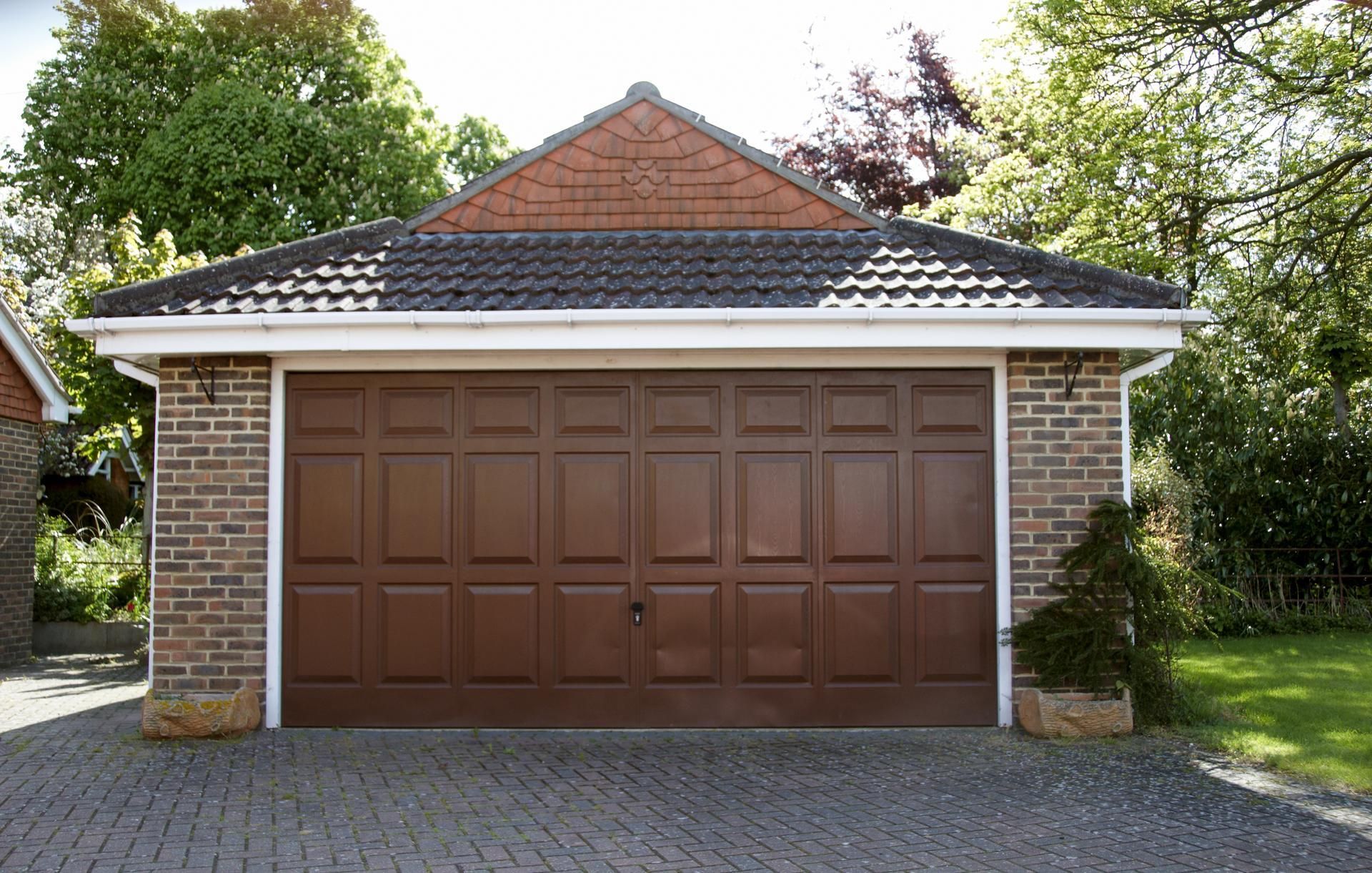
Garage door springs are an essential component of every garage door system, providing the necessary tension to lift and lower the door smoothly. Despite their importance, these springs often go unnoticed until a problem arises. Identifying the signs that your garage door springs need to be replaced can prevent inconvenient and potentially dangerous situations.
In this blog, we will discuss the key indicators that your garage door springs may need replacement and why timely maintenance is crucial.
Understanding Garage Door Springs
Before diving into the signs of wear and tear, it's essential to understand the two main types of garage door springs — torsion springs and extension springs.
Torsion Springs
Torsion springs are mounted horizontally above the garage door. They work by winding and unwinding to lift and lower the door. These springs are known for their durability and ability to handle a significant amount of weight.
Extension Springs
Extension springs are installed on either side of the garage door, running parallel to the track. They extend and contract to balance the door's weight during operation. While these springs are generally less expensive, they are also more prone to wear and tear.
Signs Your Garage Door Springs Need Replacement
Difficulty in Opening or Closing the Door
One of the most apparent signs that your garage door springs may need replacement is difficulty in opening or closing the door. If the door feels heavy or requires more effort than usual to lift, the springs may be losing their tension. Conversely, if the door falls quickly when closing, the springs might be failing to support the door's weight properly.
Unusual Noises During Operation
Garage doors should operate relatively quietly. Loud creaking, popping, or snapping sounds can indicate that the springs are wearing out. These noises often result from the metal components rubbing against each other due to a lack of tension or lubrication.
Visible Wear and Tear
Regularly inspecting your garage door springs for visible signs of wear and tear can help you catch problems early. Look for gaps or distortions in the coils, rust, or fraying in the springs. These issues can compromise the springs' integrity and lead to failure if not addressed promptly.
Uneven Door Movement
If your garage door appears to be opening or closing unevenly, the springs may no longer be providing balanced tension. This imbalance can cause one side of the door to lift higher than the other, leading to further strain on the door's components and potential damage.
The Door Stays Open or Closed
A properly functioning garage door spring should allow the door to stay in any position when operated manually. If the door refuses to stay open or closed and instead moves on its own, the springs may not be able to provide the necessary tension to hold the door in place.
Slow Response Time
Garage doors should respond promptly to the opener's commands. If you notice a delay in the door's movement after pressing the button, the springs could be struggling to handle the load. This delay can indicate that the springs need to be replaced.
The Door Is Crooked
A crooked garage door is a clear sign that something is wrong with the springs. If one side of the door is higher than the other when opening or closing, it suggests that the springs are not providing equal tension. This imbalance can lead to further complications and damage if not addressed.
The Spring Has Reached Its Lifespan
Garage door springs have a finite lifespan, typically measured in cycles. A cycle is defined as one complete opening and closing of the door. Most springs are rated for a certain number of cycles, and once they reach this limit, their performance diminishes. If your garage door springs are nearing the end of their expected lifespan, it's wise to consider replacing them proactively.
The Importance of Timely Replacement
Replacing worn-out garage door springs is not just about convenience; it's also about safety. Springs under tension can snap unexpectedly, posing a serious risk to anyone in the vicinity. Additionally, a malfunctioning garage door can lead to further damage to other components, resulting in costly repairs.
Preventing Accidents
Broken garage door springs can cause the door to fall rapidly, potentially causing injury or damage to property. By identifying and addressing the signs of wear early, you can prevent accidents and ensure the safety of your family and belongings.
Preserving the Door’s Mechanism
Worn-out springs can strain the garage door opener and other components, leading to premature wear and failure. Timely replacement of springs helps maintain the overall health of the garage door system, ensuring smooth and efficient operation.
Avoiding Costly Repairs
Ignoring the signs of failing garage door springs can result in more extensive damage that requires costly repairs. By addressing spring issues promptly, you can avoid larger repair bills and prolong the life of your garage door.
Recognizing the signs that your garage door springs need to be replaced is crucial for maintaining the safety and functionality of your garage door. Difficulty in operation, unusual noises, visible wear, uneven movement, and other indicators should not be ignored. Regular inspections and timely replacements can prevent accidents, preserve the door's mechanism, and save you from costly repairs.
If you suspect that your garage door springs require replacement, contact us. Make sure to prioritize the maintenance of your garage door springs to enjoy seamless and secure operation for years to come.

